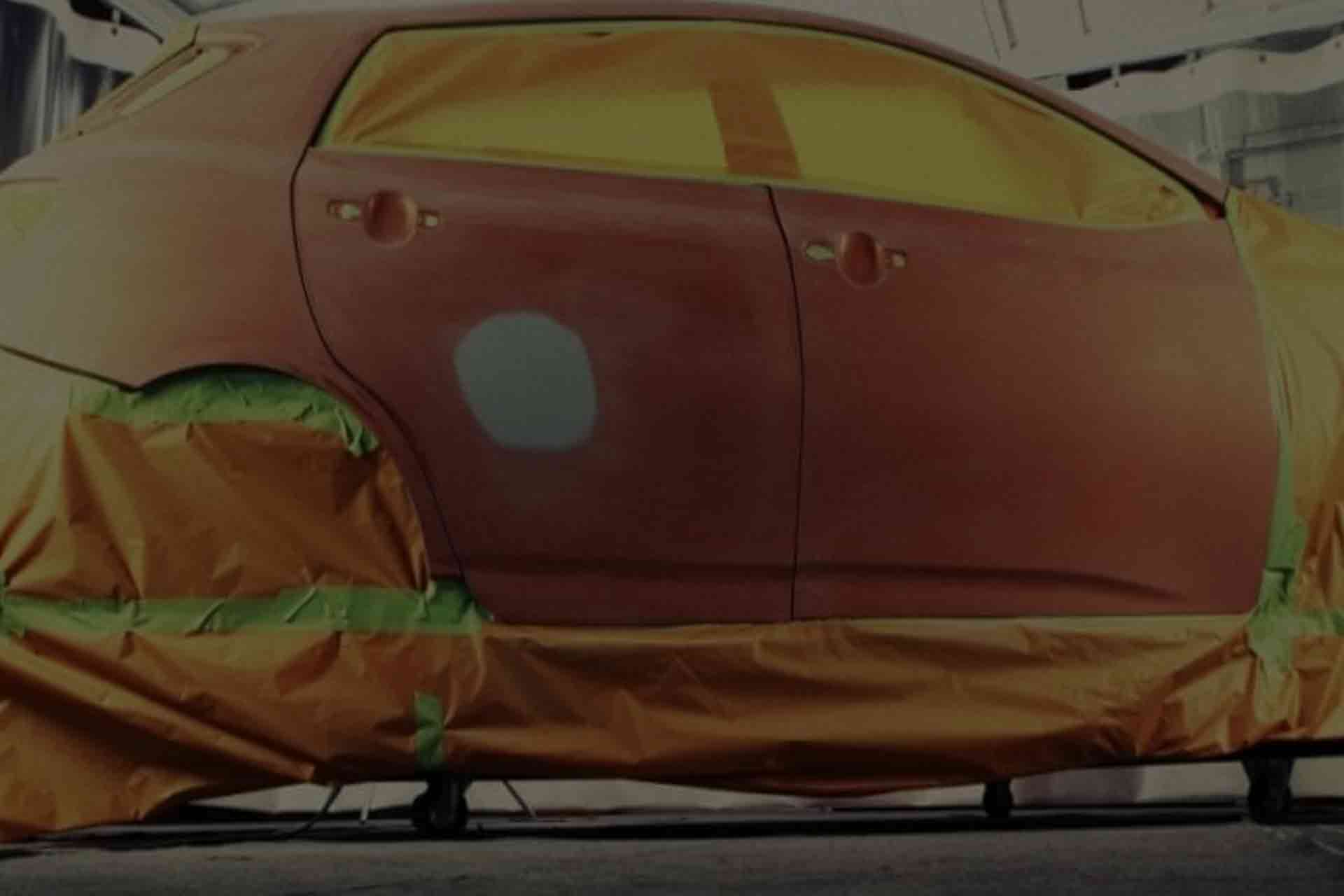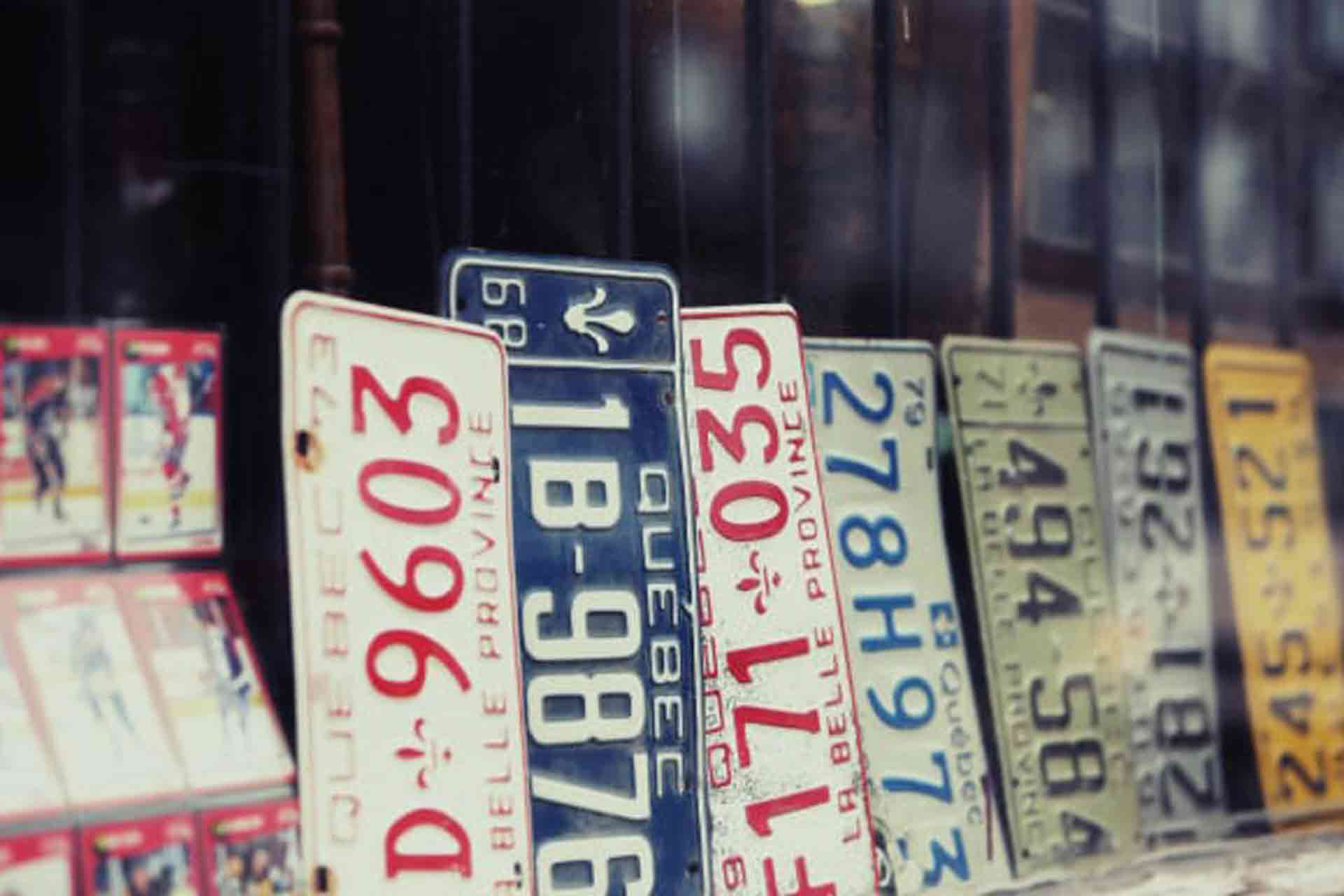What if I want to total my vehicle but the insurance company refuses to total?
Frankly, I’m surprised that I don’t get asked the title question more often, but I know why I don’t. Simply put, it is the dogmatic way insurance adjusters explain the total loss or repair process to accident victims.
From the onset of dealing with most adjusters, the tone is set by the adjuster that what they say is how it is. Most simply TELL people how it is. The art of negotiation is lost and with it, common sense.
This isn’t their fault; their supervisor told them how it was when they started and as they trained. But don’t blame the supervisor because his manager told him how it was when he started. But don’t blame the manager. . . you see where I am going with this?
It is a mindset drilled into adjusters that THEY are the ones that decide if a vehicle is totaled or not. They are sadly mistaken.
So, listen, it is YOUR vehicle.
YOURS.
Not theirs.
YOU decide what to do with it, not them. Remind them of this if you disagree with them. Ask them whose name is on the title. After you have cleared up the issue of ownership and ultimate control over the destiny of your vehicle, then you have to implement a plan to bring the destiny to reality.











